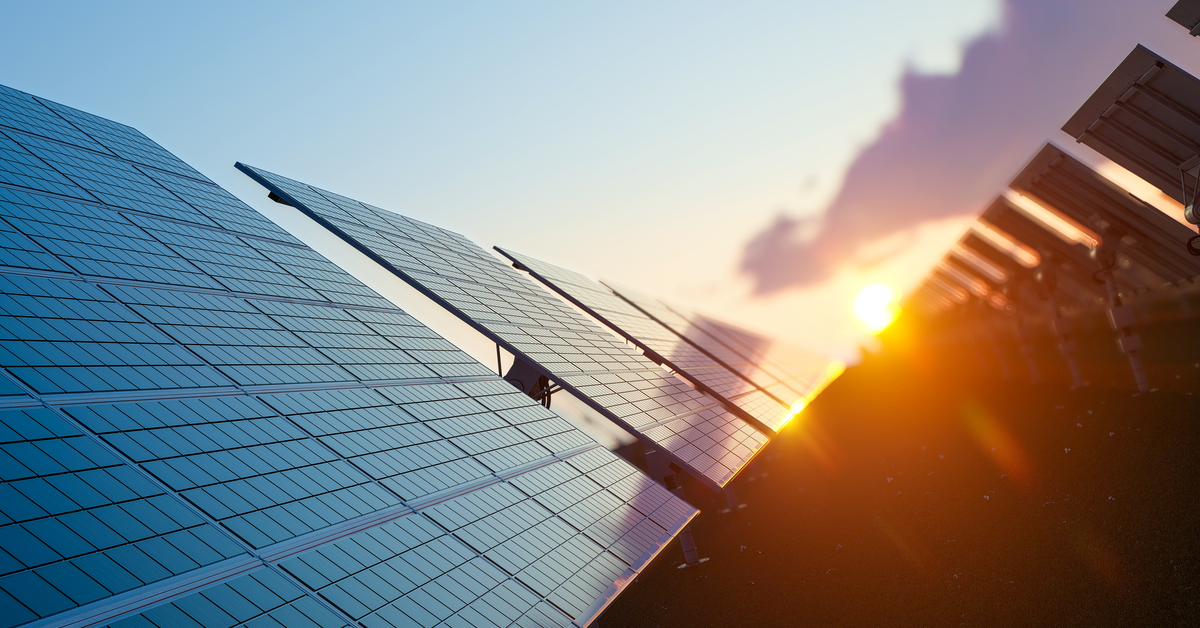Are you interested in solar panels but are not sure whether to lease or buy them? Learn more below about the pros and cons of solar panels.
As with most things your decision of whether to lease or buy will likely come down to convenience or finances. This is because there are pros and cons to each and the decision for most comes down to how much money they wish to spend up front and/or how much time they wish to invest in paper work, installation and maintenance.
As of 2020 there were almost two million homes and businesses with solar installations across the nation with an expected 3% increase in the next four years. Currently, that is enough to power almost 15 million homes with Hawaii in the lead for the highest proportion of homes powered by solar. With increases in new installations, the price is coming down and more Americans are expected to take the leap.

Pros and Cons of Leasing Solar Panels
- Little paperwork and no hassle. The busy work for the solar panels is the responsibility of the leasing company and not yours. There will be very little for you to manage, just a fixed monthly payment.
- Saves you from paying the upfront costs. If you lease, the upfront costs will not be yours. The leasing company of your solar panels will assume all the costs of installation, maintenance and warranty and you will not even have to pay a down payment.
- No responsibility. Any maintenance including cleaning and/or damage from age or weather are the responsibility of the leasing company.
- Financial alternative. If you are a homeowner and cannot qualify for a loan or afford to pay the upfront costs with cash payment, then leasing is for you.
- An option to buy. It is never too late. You will have until the end of your lease to prepare or decide if you want to buy your solar panels.
- A grid tied solar system. You will remain connected to the electrical grid, which means you can still receive electricity from your utility company whenever you need it.
- Go green! You can feel good about a positive contribution to the environment, as solar panels do not cause greenhouse gasses or air pollution.
There are also some cons to leasing solar panels that may be a deal breaker for you. Your leasing company is entitled to your tax credits and other incentives. That amounts to losing the 26% federal tax credit for 2021, in addition to other incentives and rebates. You will also not benefit from added value to your house since you do not own them, and may not be able to find a buyer willing to take over those solar lease payments. You are locked into a 20 year lease whether your solar panels are high energy producers or not, therefore your options are to pay the lease in full or find someone that is willing to take over your lease payments.
Pros and Cons of Buying Solar Panels
- Can save a lot of money. If you have the wherewithal to buy them instead, you will save money. Over the duration of your lease, you can expect to save as much as seven times the amount of money as leasing, if you were to buy them outright. That means if leasing your solar panels you might save $7000 over the span of 20 years but if you purchase them you could save almost $50,000 over the same duration of time.
- Tax incentives and rebates. In the 2021 tax year you will qualify for a 26% tax deduction from your federal taxes, in addition to local tax credits and rebates. The rebates alone could add up to 50% of the cost of your solar panels.
- Quality maintenance and functioning. People that own their solar panels tend to get better service from installers and get a higher input in general.
- Increased value. Since you own your solar panels and they have a long life, you can expect the value of your home to increase without increasing property taxes.
- Qualify for “Net Metering.” When you have solar panels you sometimes have a surplus of energy that you are able to transfer back to your public power grid and use anytime (for example, on cloudy days).
As with most things there are some cons to buying solar panels as opposed to leasing them. They have high upfront costs and this is the single largest deterrent for most people. Solar panels also require a fair amount of open space, needing 400-600 square feet. And a big draw back for those wanting to go green, renewable energy benefits the environment, but the manufacturing process of the solar panels does not. The production of solar panels increases green house emissions and that is a non-starter for some. Lastly, solar power is an intermittent energy source since the sun shines at certain times/angles a day. Therefore, it will depend on where you live for you to get the most out of your solar panels.